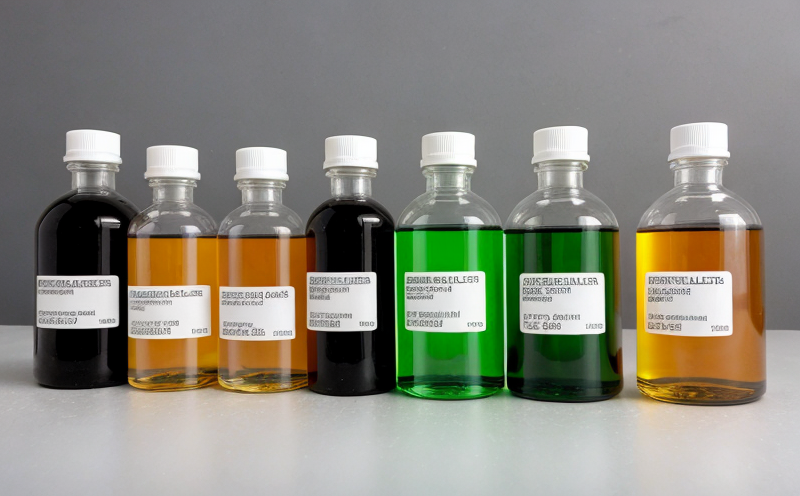Thermal Desorption GC-MS of Volatile Extractables
The thermal desorption gas chromatography-mass spectrometry (GC-MS) technique is a powerful analytical method used in the Medical Device Testing sector for the characterization and quantification of volatile organic compounds (VOCs) that can be extracted or leached from medical devices. This service plays a critical role in ensuring product safety, regulatory compliance, and patient health by identifying potential contaminants that may affect device performance.
During this process, materials such as polymers, adhesives, lubricants, and other components of the medical device are exposed to controlled heating conditions. Volatile substances are then desorbed from these surfaces and quantified using gas chromatography-mass spectrometry. This method is particularly useful for identifying low molecular weight compounds that might be present in trace amounts but could pose risks if not properly identified.
The thermal desorption GC-MS process involves several key steps: sample preparation, volatilization under controlled conditions, injection into the gas chromatograph, separation of components based on their boiling points, and finally, identification via mass spectrometry. The resulting data provides detailed information about the types and concentrations of volatile compounds present in the device.
One of the primary advantages of thermal desorption GC-MS is its ability to detect very low levels of contaminants, making it an essential tool for ensuring high standards of quality control during development stages as well as post-market surveillance. Additionally, this technique supports compliance with international standards such as ISO 10993-18:2015 which specifies biocompatibility evaluation methods including extractables and leachables analysis.
Another significant benefit is its versatility; it can be applied to various types of materials used in medical devices, from plastics to metals. By providing comprehensive data on potential contaminants early in the design cycle, thermal desorption GC-MS helps reduce costly rework later on by informing material selection and processing techniques.
In summary, the thermal desorption GC-MS of volatile extractables is a crucial service within Medical Device Testing, offering precise identification and quantification of potentially harmful compounds before they become integrated into finished products. This ensures safer, more reliable medical devices that meet stringent regulatory requirements while promoting better patient outcomes.
- Precise detection and quantification of volatile organic compounds (VOCs).
- Supports compliance with international standards like ISO 10993-18:2015.
- Versatile application across different materials used in medical devices.





